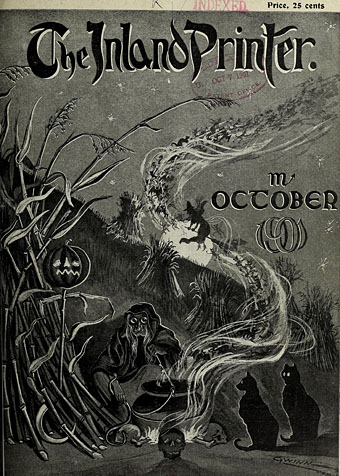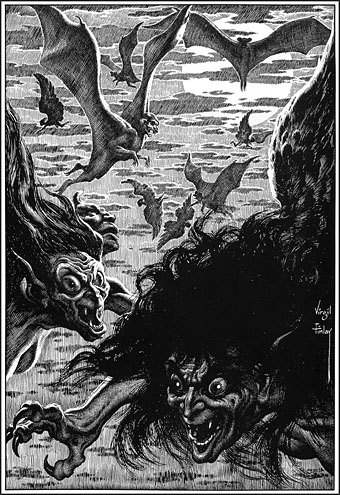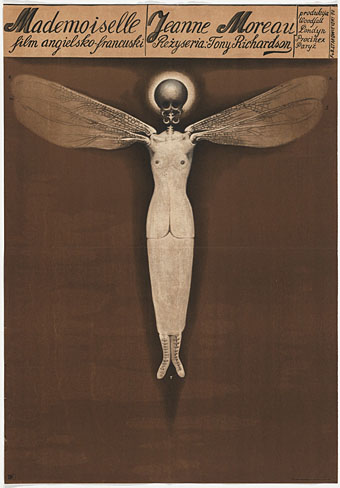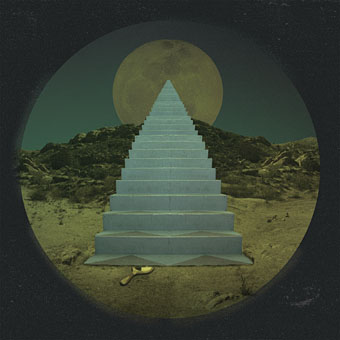Cover art by Gwinn (?) for The Inland Printer, October 1901.
• The 50 British films that inspired a young Martin Scorsese. No Michael Powell (or Hitchcock, for that matter) but I think we’re supposed to take The Archers as a given. And he’s always had a commendable taste for British horror; few directors of Scorsese’s stature would put so many Hammer films and minor chillers on a list like this.
• New music: Grey Frequency return with Essentia, an album that explores “the connections and conflicts between internal and external worlds, and our sense of place and function in an unfathomable, transcendent universe”. Ideal Halloween listening, as is much of the Grey Frequency catalogue, especially Paranormal.
• “You don’t want to have a brilliant idea for a novel at the age of 87,” says Alan Garner. Justine Jordan reviews Treacle Walker, the novel in question, here.
In his gloomy tales, predominantly written in French, journalists disappear while hunting for esoteric secrets, ships sailing to mythic islands get lost in unreal waters, protagonists track down occult artefacts such as Dr Dee’s black spirit mirror, and the living wander down alleyways that lead to the hereafter. These are all unfaithfully retold in Ray’s uniquely arcane, often kaleidoscopic prose.
Robert Davidson on Belgian author Jean Ray
• “Poe brings forth, as if out of thin air, a grotesque world fully crystallized.” Sudipto Sanyal on you-know-who.
• At Bandcamp Ed Blair compiles a list of John Carpenter-like music beginning with an album from the man himself.
• At Wormwoodiana: Mark Valentine on the current condition of second-hand bookshops in Britain.
• Mix of the week: Samhain Séance 10: There and Back Again by The Ephemeral Man.
• At Dennis Cooper’s: Terence Hannum presents…Horror Soundtracks Day.
• No One Here Knows I’m a Vampire: A Spooky Matt Berry Reading List.
• New/old music: Aqua by Ryuichi Sakamoto.
• More dark arts at Unquiet Things.
• Treacle Toffee World (1968) by The Fire | Treacle People (1970) by UFO | Woodsmoke & Treacle (2010) by Moon Wiring Club





